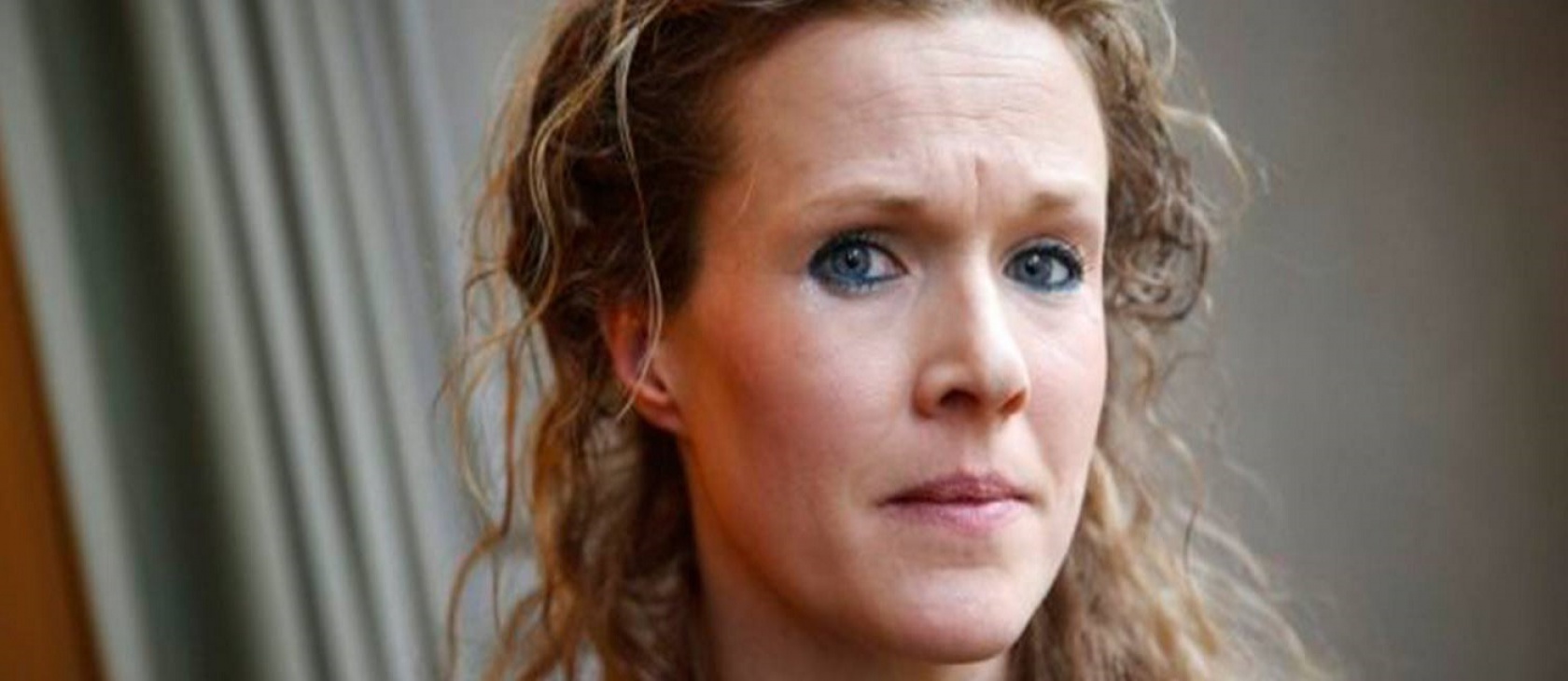People of faith in Europe increasingly face exclusion from whole professions because of their moral beliefs. I write about the latest chapter in this tale – how disregarding the free market helped cause it, and how free market economic principles can help alleviate it – in a new commentary for The Steam.
Last week, the Swedish Labour Court ruled against Ellinor Grimmark, a pro-life midwife who has been denied employment opportunities because she refused to participate in abortions. While this entails issues of science, conscience, morality, and freedom, it is also a byproduct of the Nordic model of government-dominated healthcare:
[T]he Swedish government formed a cartel. Only government-approved midwives may practice, and training includes abortion.
Whenever government dominates any area of society, that sector will reflect the values of government bureaucrats – and those most able to influence them. As a result, the Catholic and Orthodox churches of Europe have warned, traditional Christians are being “excluded from certain roles or professions,” as “their right to conscientious objection is disregarded.” In Egypt, Coptic Christians endure a more blatant form of employment discrimination.
In both cases, arbitrarily excluding people from the workforce hurts the nation as a whole. It’s true concerning Egypt’s economy, and it’s true in Sweden, where the Wall Street Journal reports that women face a shortage of midwives.
The opposite of bureaucratic cartels is the free market:
So, what saved Ellinor Grimmark from being locked out of her chosen field completely? Global competition. Grimmark made the tough decision to commute four hours — each way — to a hospital in Norway. … Her commute — roughly the distance from Scranton to New York City — crosses national borders. The freedom to work in Norway allowed her to be a midwife without breaking the Ten Commandments.
Norway and Sweden differ little on social issues. But Norway seems more committed to letting women access quality care than in assuring the doctrinal purity of its caregivers. That role of self-interest, an economic truth dating back at least to Adam Smith, helped preserve Grimmark’s conscience rights.
Specifically, what allowed Grimmark to fulfill her vocation serving families was consumer choice, allowing the diversification of marketplace services, removing government barriers to employment, and the free movement of labor.
As I wrote in my piece, respecting conscience would be most desirable. However, “[w]hen people of faith find themselves under a government that does not share their views – as the Church has for centuries of her existence – the free market may provide the only protection we have. … Well-meaning pro-life advocates, who support giving the government more power and authority, may want to dwell on this case before insisting that economic liberty is opposed to the right to life.”
You can read my full piece in The Stream here.
(Photo credit: Alliance Defending Freedom International.)




